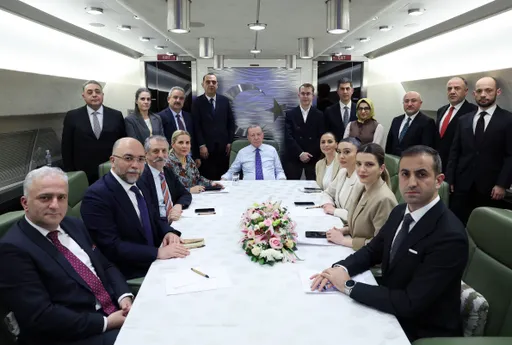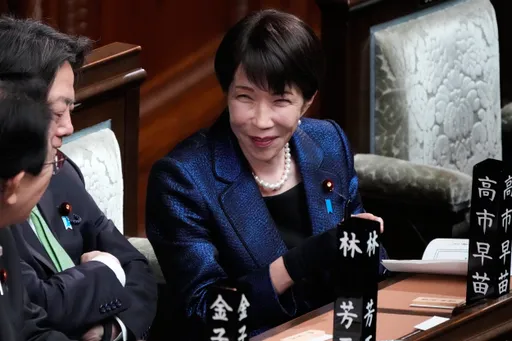Israeli Prime Minister Benjamin Netanyahu said on Tuesday that he would meet Russian President Vladimir Putin later this month in Moscow for talks on Iranian military activity in Syria.
It will be their first face-to-face meeting since November and follows a series of air strikes in January against what Israel said were facilities belonging to the Iranian Revolutionary Guards' Quds Force in Syria.
"I'll be going on February 21 again to Russia following my discussions with President Putin in Paris a few months ago and subsequent phone conversations," Netanyahu said.
"It 's very important that we continue to prevent Iran from entrenching in Syria," he said in English, at the start of a meeting at his office with Austrian President Alexander Van der Bellen.
"This is one of the subjects, the main subject, that I'll be discussing with President Putin."
Jerusalem meeting
On January 29, Netanyahu held talks in Jerusalem with two Russian officials on reinforcing their military coordination in Syria to avoid any "friction" there, his office said at the time.
The meeting with the Kremlin's Syria envoy Alexander Lavrentiev and Deputy Foreign Minister Sergey Vershinin focused on "Iran and the situation in Syria", it said.
It came on the heels of January 21-22 Israeli strikes on what the Syrian Observatory for Human Rights said were positions and assets held by Iran and its allies in Syria.
Israel has carried out hundreds of air strikes in Syria in the past few years against Iranian and Hezbollah targets, and the Jewish state and Russia have set up a "deconfliction" hotline to avoid accidental clashes.
That mechanism was stretched when a Russian military aircraft was mistakenly shot down by the Syrian regime's air defence after an Israeli raid in September.
Fifteen Russian soldiers were killed and the Russian army accused Israeli pilots of using Moscow's plane as cover to evade Syrian gunfire.
As part of its response, Russia announced new security measures to protect its military in Syria, including supplying it with an S-300 air defence system and jamming the radars of nearby warplanes.
Both Russia and Israel's arch-enemy Iran are allies of Syrian regime leader Bashar al Assad and have helped his forces inflict numerous defeats on rebels.























